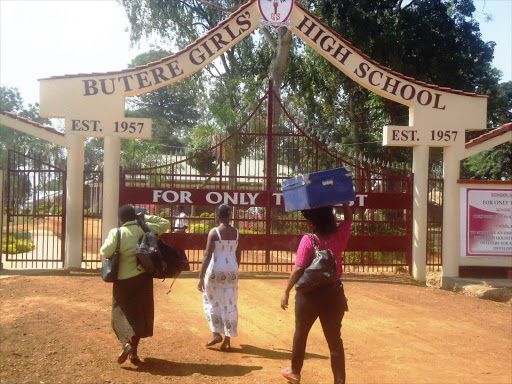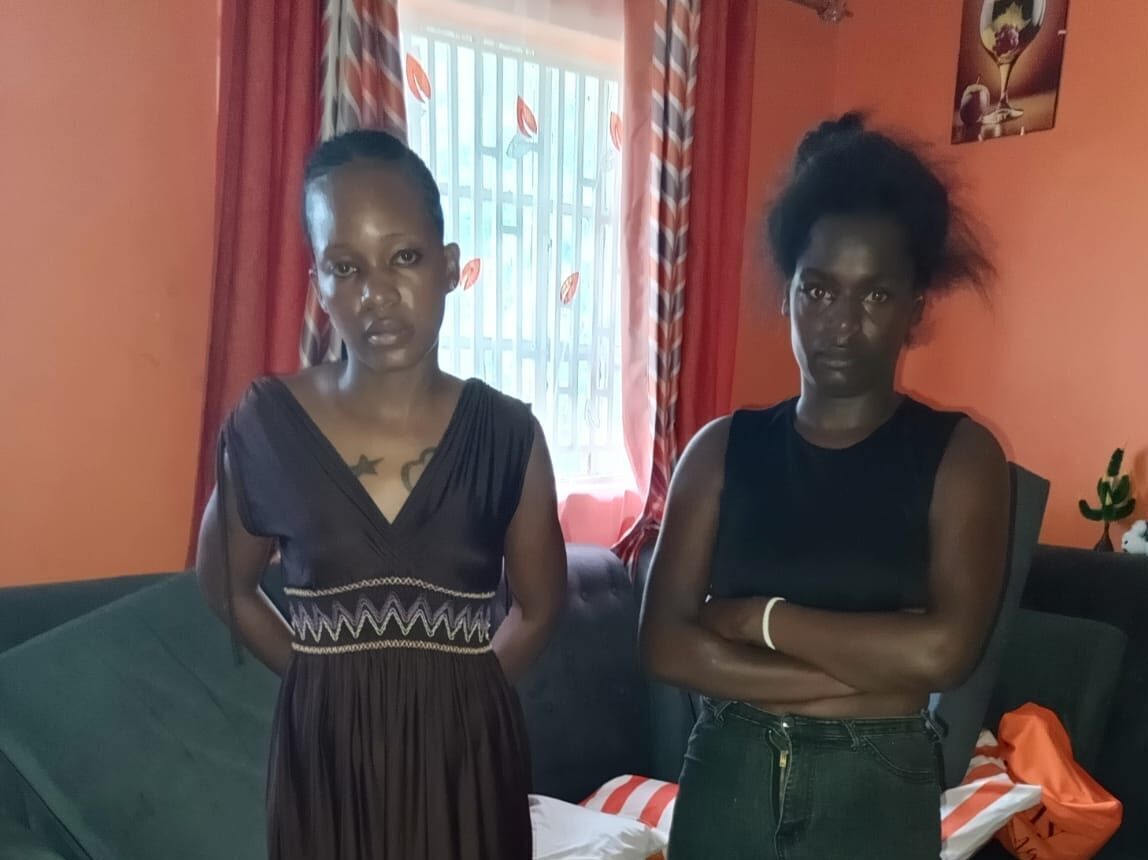How Butere Girls’ Rights Were Violated

April 7 marked the beginning of the drama festival season, and unlike any other year, the 2025 Kenya National Drama and Film Festival (KNDF) has had more drama than expected, both on and off stage.
On the morning of April 10, Butere Girls’ High School and all other drama and film festival participants innocently walked into Kirobon Girls’ High School, Nakuru, hoping to witness nothing but talent. However, authorities had other plans.
Police officers began hurling teargas canisters at the crowd, which included minors, in an attempt to disperse them. It is not the first time minors in Kenya have faced such an ordeal. This begs the question: How does the law of Kenya protect children in relation to the mentioned incident?
Article 33 of the Constitution of Kenya, 2010 (CoK) provides for freedom of expression, to which every person, including children, is entitled. According to the CoK and the Children Act, 2022, a child is any human under the age of 18. Based on the Kenyan education system, a majority of high school students are children.
Barring students from performing a play infringes on their freedom of expression and educational rights, unless the content is proven, not assumed, to be demonstrably harmful.
Article 53 of the CoK outlines the rights of children. Sub-article (d) states that “every child has the right—to be protected from abuse, neglect, harmful cultural practices, all forms of violence, inhuman treatment and punishment, and hazardous or exploitative labour.”
The Children Act, 2022, provides that, regardless of the situation, a child’s best interests take precedence. Section 22 of the Act protects children from physical and psychological abuse. Subsection (2) states that any person who acts contrary to that “commits an offence and shall, on conviction, be liable to imprisonment for a term not exceeding five years or to a fine not exceeding two million shillings, or to both.”
In addition to the above-mentioned laws, Kenya is subject to the UN Convention on the Rights of the Child and the African Charter on the Rights and Welfare of the Child, both of which emphasize children’s right to participate freely in cultural life and the arts. They also clearly outline the state’s role in supporting the development of children’s talents.
Netizens have strongly opposed how the authorities handled the situation, with many uploading solidarity posts.
“These girls deserved to finish their performances, the situation could and should have been handled better. The festival board should have done better in protecting these kids! Viva Butere girls
— Shiko Kihika
“That all students will not be performing at the National Drama Festival in solidarity with Butere girls makes me so proud to be Kenyan. This is the solidarity we’ve been missing with each other. You touch one you touch all. Congratulations to all involved in this conspiracy!
— Wanjira Wanjiru








